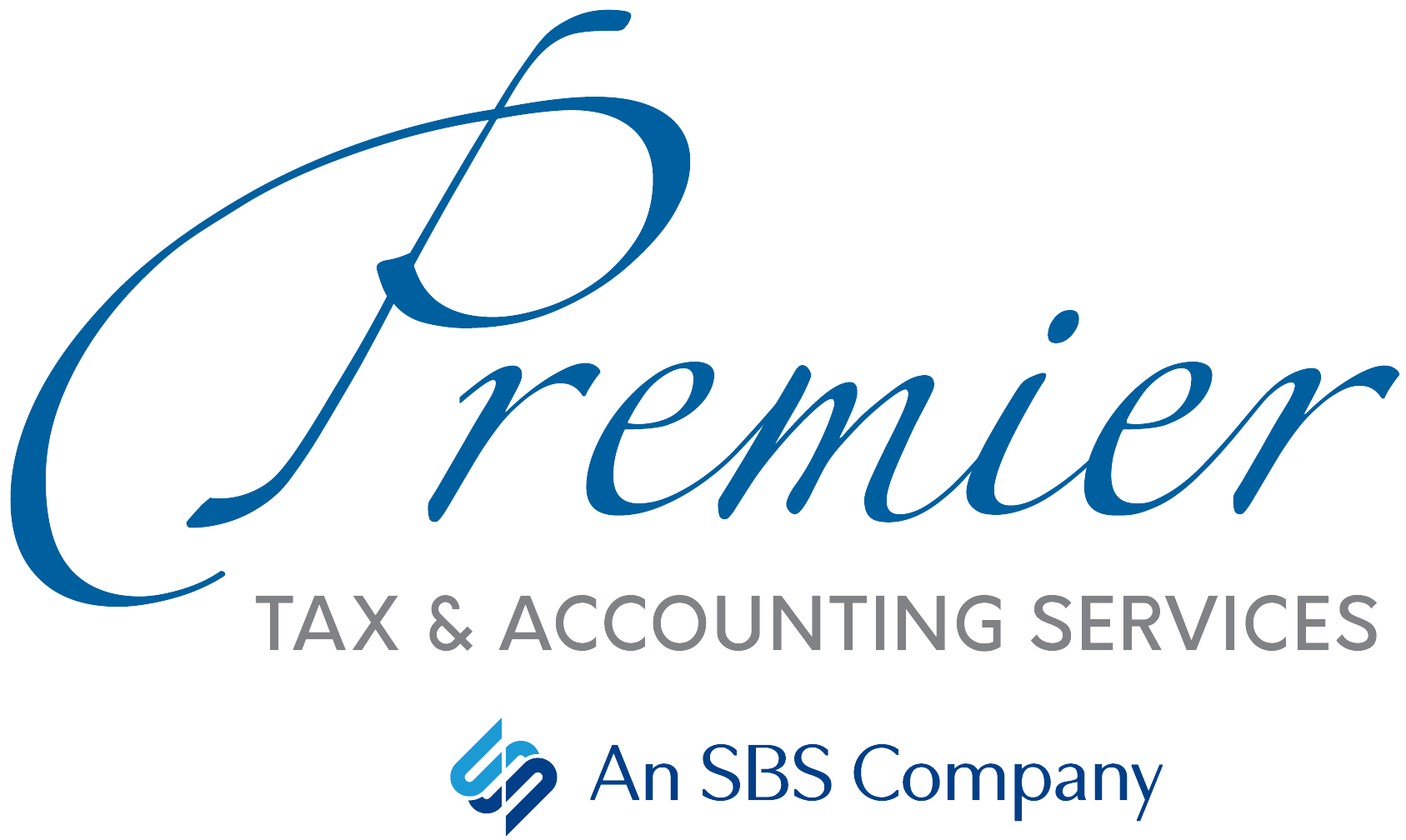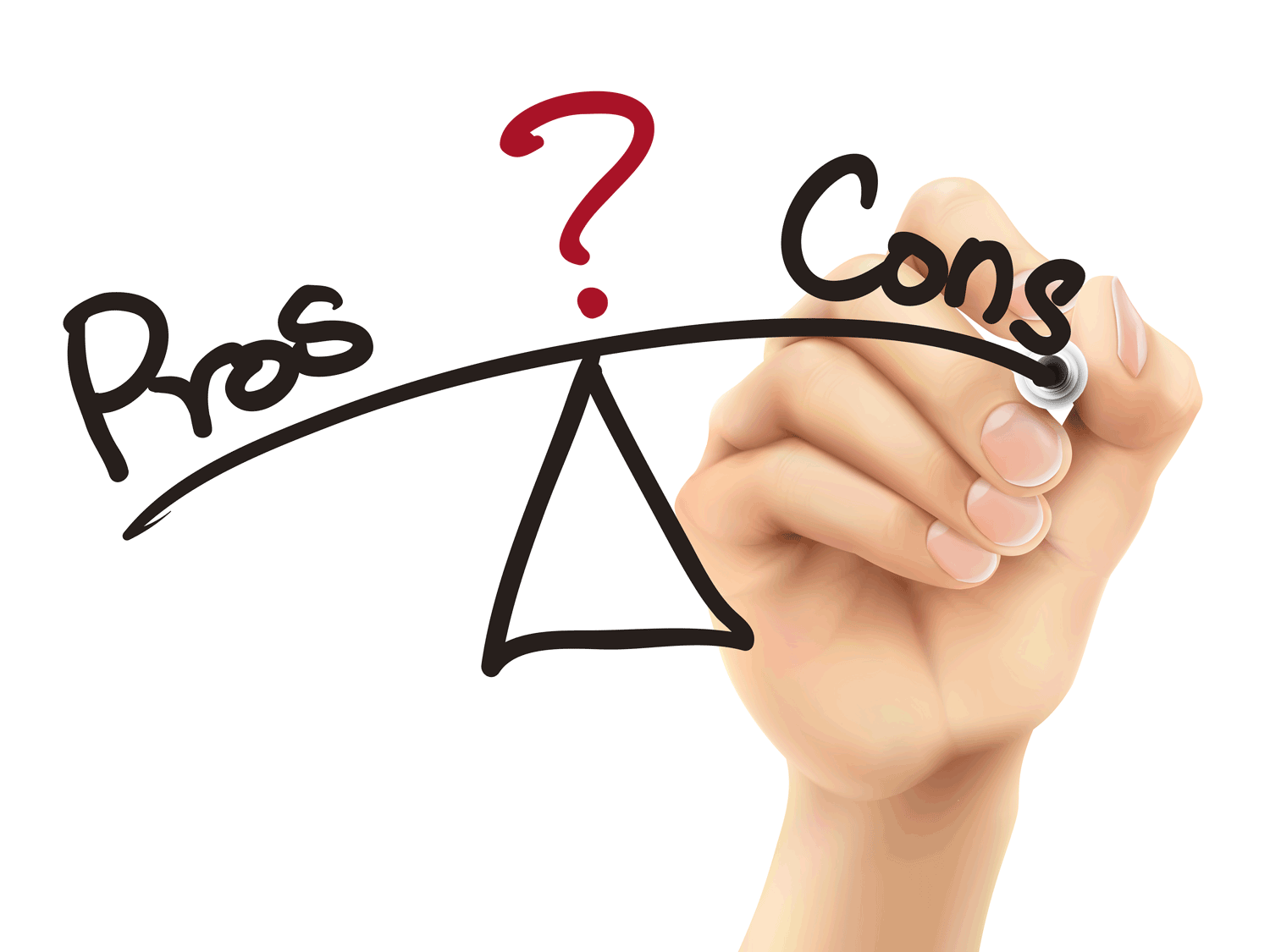Every business is different, but every business faces the decision on whether to buy or lease equipment. Whether it’s a new computer system for your office or a new truck for your construction business, there are plenty of considerations.
What’s the Cost?
Leasing often makes sense if the equipment will become obsolete quickly or requires regular maintenance, which can be wrapped into the lease agreement. Buying may be the better choice if the item will provide many years of reliable service.
How Will It Affect Your Cash Flow?
Leasing can help protect your cash flow by spreading the purchase cost over time. Lower-budget items may be better suited for outright purchase if it will not strain your cash flow. Also keep in mind that financing equipment purchases can impact your ability to secure credit for other items down the road.
Pros and Cons
Some of the advantages and disadvantages of leasing include:
LEASING PROS:
- Lower initial expense
- Potential for tax deductions
- Flexible terms
- Ease of upgrading equipment
- Ease of repairs/maintenance
LEASING CONS:
- Higher overall cost
- Lack of ownership/equity
- Obligation to pay/length of term
- Availability of product may be limited
Advantages and disadvantages of buying:
BUYING PROS:
- Ownership/equity
- Resale value
- No need for contract
- Increased product availability
- Tax incentives/depreciation deductions
BUYING CONS:
- Higher initial expense
- Difficulty in upgrading
- Repair/maintenance costs
If you’re weighing leasing versus buying, give us a call. We can help you look at how the various options will play out so you can make an informed decision.
Don’t Be Scammed
While most everyone is familiar with the old “Nigerian prince” email scam, there are plenty of others that are not so obvious. Keep these tips in mind:
The IRS will never send you an unsolicited email, or email you about your refund. Many of these scam emails ask you to click a link that takes you to a website that looks similar to the IRS website. If this is the case, do NOT enter personal information such as passwords or Social Security numbers. Instead, forward the email to phishing@irs.gov.
If you receive a call from someone saying they are from the IRS or FBI instructing you to send money someplace, be careful and do not provide any personal information. Verify the details of any “payment” options they may offer by checking your tax information online. It’s also smart to call the IRS or FBI directly using a number available on their official website.
More IRS scam information can be found here: https://www.irs.gov/privacy-disclosure/report-phishing
Other common scams include harassing debt collection calls, telemarketers saying they’re from a bank or credit card company, fake prizes or sweepstakes winnings, and work-at-home offers. If you’re not sure if something is real, check the Federal Trade Commission website or Consumer Fraud Reporting website for the latest information.



